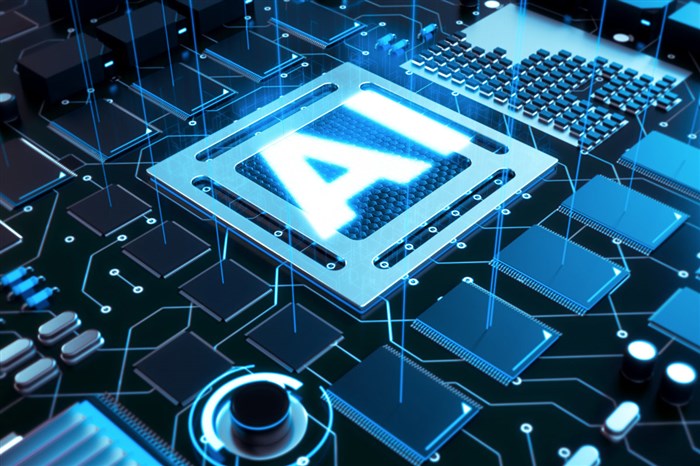Welcome to the future of healthcare! In a world where technology is advancing at an unprecedented pace, one innovation stands out above all others – Artificial Intelligence (AI). This revolutionary field has taken the medical industry by storm, transforming the way diseases are diagnosed, treatments are developed, and patient care is delivered. From predicting potential outbreaks to assisting in complex surgeries, AI is reshaping our understanding of what’s possible in healthcare. Join us on this thrilling journey as we delve into how AI is revolutionizing healthcare and paving the way for a brighter and healthier tomorrow.
What is Artificial Intelligence?
Artificial intelligence (AI) is a branch of computer science that deals with the creation of intelligent machines. AI research seeks to create cognitive software agents that can reason, learn, and act autonomously.
Medical applications of AI date back to the 1950s when researchers began exploring how computers could be used to diagnose and treat medical conditions. In the 1990s, AI was used to develop computer-aided diagnosis (CAD) systems for medical images. More recently, AI has been used in healthcare settings to improve patient care, including by automating clinical decision making processes and improving diagnostic accuracy.
One potential application of AI in healthcare is in the area of automated patient diagnostics. Automated patient diagnostics uses artificial intelligence algorithms to identify diseases and injuries from images or other medical data. Automated patient diagnostics has the potential to reduce costs and improve patient care by providing more accurate diagnoses faster than human doctors can make them.
Another potential application of AI in healthcare is in the area of prescriptive medicine. Prescriptive medicine refers to the practice of prescribing medication based on an analysis of a person’s health history rather than relying solely on physician judgment or clinical experience. Prescriptive medicine has the potential to improve patient care by reducing wasteful drug use and ensuring that patients get the right medication for their specific condition.
One example of an artificial intelligence algorithm being used in prescriptive medicine is Wavefront Digital Acuity Score (WDS). WDS is a
Types of AI
There are a few different types of AI that can be used in healthcare. These include natural language processing, machine learning, and computer vision.
Natural language processing is the ability to understand and respond to human language. This is important in healthcare because it allows doctors and nurses to communicate with patients more effectively.
Machine learning is a type of AI that allows computers to learn from data without being explicitly programmed. This is important in healthcare because it allows computers to automatically improve their performance over time.
Computer vision is the ability of computers to interpret images and video. This is important in healthcare because it allows doctors and nurses to scan patients’ scans and videos for signs of illness.
How is AI Used in Healthcare?
Artificial intelligence (AI) is playing an increasingly important role in healthcare. It can assist physicians in making better diagnoses and prescribing the best treatments for patients. AI also helps hospitals manage their data more efficiently, so they can provide better care to their patients.
One of the most common uses of AI in healthcare is for automating decision-making. This involves using AI to help physicians make diagnoses and prescribe treatments based on a patient’s symptoms and medical history. This saves both time and money for healthcare providers.
Additionally, AI is being used to improve patient care by automating processes such as data entry, tracking patient progress, and providing alerts when something goes wrong. This improves communication between doctors and their patients and reduces the workload on hospital staff.
AI has revolutionized healthcare by helping doctors make better decisions based on patient data, automating processes that save time and money, and improving communication between doctors and their patients.
Benefits of using AI in Healthcare
Artificial intelligence can be used in healthcare to improve patient care and outcomes. AI can help doctors make better decisions, diagnose diseases more accurately, and prescribe the best treatments for patients.
AI can also help hospitals manage their resources more efficiently. For example, it can identify which patients are likely to require more expensive treatments or medication than others. AI can also help hospitals understand how best to allocate resources between different areas of the hospital such as surgery, diagnostic testing, and nursing care.
AI has many benefits for healthcare providers and their patients. By using AI in various ways, hospitals and doctors can improve patient care and save money while maintaining quality standards.
